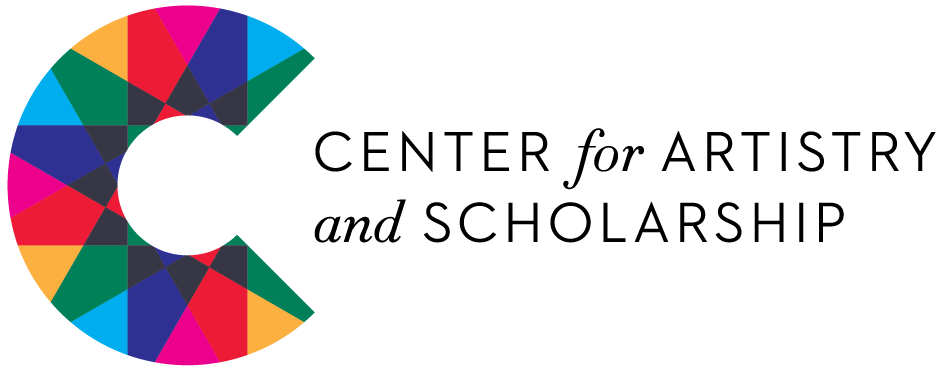Rewards and Challenges: PSi Discusses School Leadership
This past Saturday, Anne Clark, a faculty member of the Perrone-Sizer Institute for Creative Leadership (PSi) and Boston Arts Academy’s Headmaster, invited three fellow school and district leaders into a frank conversation with current PSi participants about the rewards and challenges of leading schools and recruiting, nurturing, developing, and retaining excellent educators. This was part of our module on supervision and evaluation, which Anne expertly designed and leads. The panelists included Almi Abeyta, Assistant Superintendent for Curriculum, Instruction, and Assessment for Somerville Public Schools; Nicole Mack, Principal at Conservatory Lab Charter School; and Sung-Joon Pai, Chief of Staff at Charlestown High School and Administrator-on-Assignment at Boston Public Schools.
I was struck by the candidness of the conversation, and the willingness of the panelists to be so open with our PSi students about what it means to lead a school. Prior to the conversation, Anne elicited questions from the students to guide the discussion in a productive and useful way. Students asked practical questions like: “How do you have the ‘implicit bias’ conversation and help teachers to see what they don’t see?”; “How do you deal with everything you have to deal with at school and then go home and just ‘be’?”; “What is it like to be on the ‘other side’ of the Union?”; “How do you leverage family and community engagement toward your goals?”; “How do you decide it is time to let a staff person go? (And what is that like?)”.
Most important, the panelists talked about their greatest failures and where they felt the most pride in their work. It is rare that leaders will be so vulnerable with one another - let alone in a setting with emerging leaders. All of these leaders work in urban schools and the enormity of the job is daunting. These leaders helped us also feel the joy. Sunny talked about learning to work smarter so that he could spend time with his family on evenings and weekends. “I have learned to say no to invitations-except this one, of course!” Nicole talked about how academic growth for students is an equity issue, “Our job is to give students the best education we can-and this means making at least a year’s worth of academic gains every year.” Almi talked about her work guiding principals and helping them prioritize the most important part of their job: instructional leadership. They all talked about the importance of creating strong relationships with their faculty and staff. We were all enormously grateful for their insights and “realness.”
The panel discussion offered a practical look at the challenges and opportunities of school leadership. Having worked in schools for over 40 years, I know all too well the complexity, and even loneliness, of trying to lead with creativity, integrity, and commitment while also battling external and systemic issues that are typical of large organizations. Giving your heart and soul to this work can be draining, but also the most rewarding. As we cultivate the next generation of leaders, these kinds of straightforward discussions are crucial. Emerging leaders need to understand the kind of work and mindset it takes to be an effective leader for racial equity and social justice. And as leaders ourselves, we need to be honest with those we mentor about the challenges and how to best approach them. This will only ensure that they are adequately prepared for all that may be thrown at them as school leaders. Nothing is more helpful than to hear, “I deal with those challenges as well.”
PSi is now accepting applications for the 2018-2019 cohort. We are looking for more Boston-area school and nonprofit leaders to take this journey with us. Learn more at www.artistryandscholarship.org/psi.
